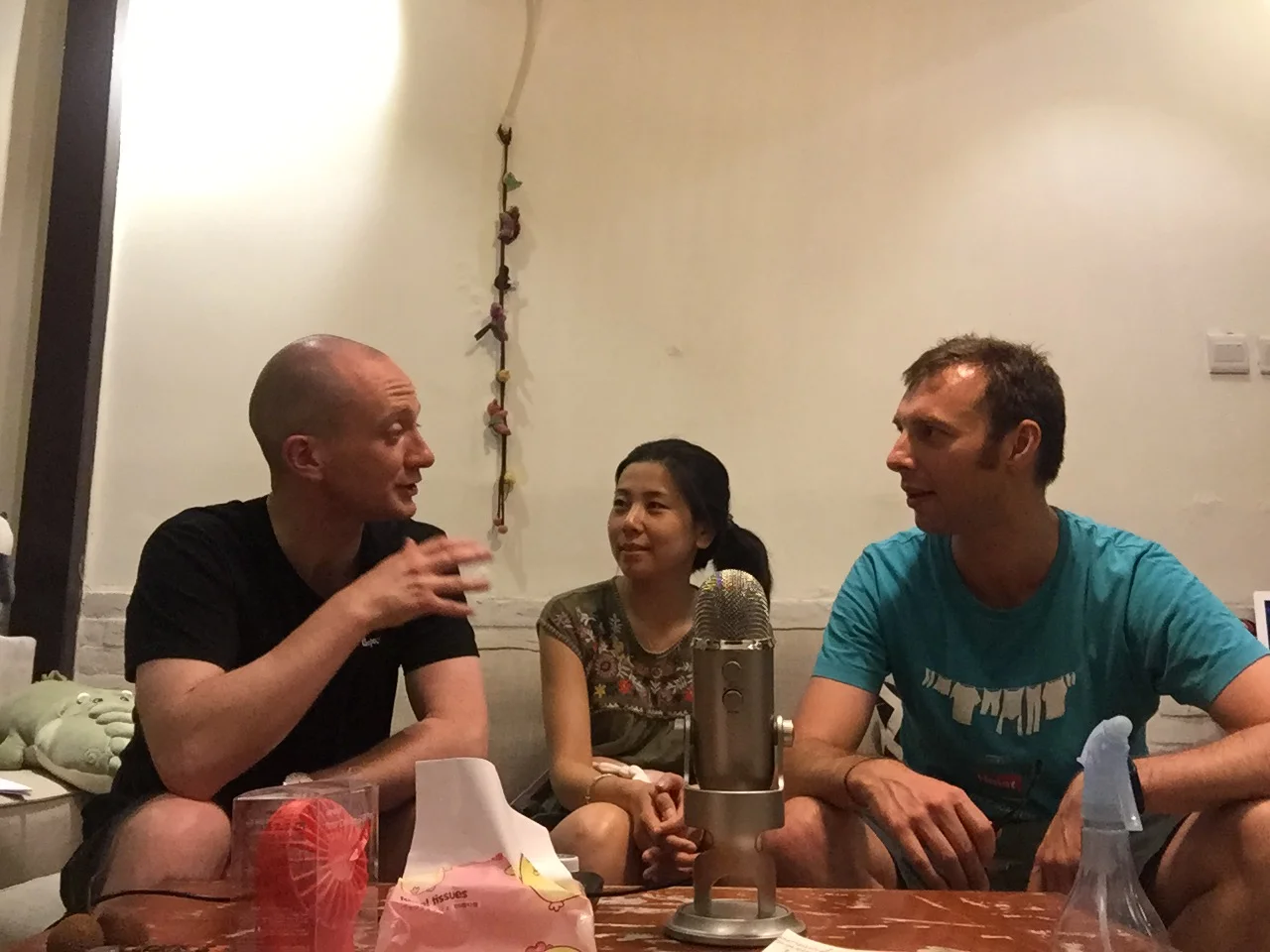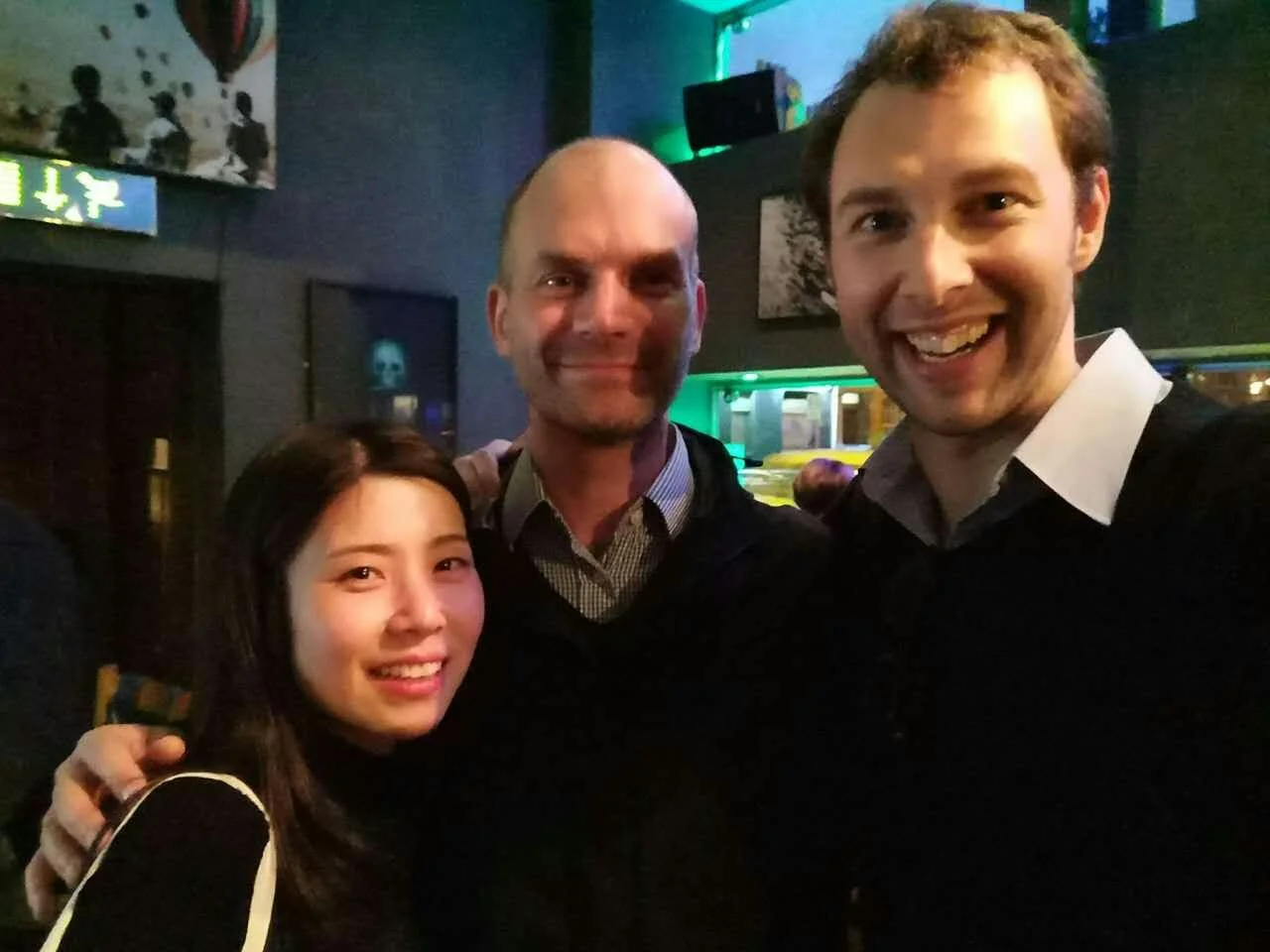We speak with ELT course book author and teacher trainer extraordinaire John Hughes about critical thinking: what is it, how can teachers use it and what challenges it presents for teachers and students
How to Apply What You Learn (with Matt Courtois and Karin Xie)
Learning is one thing. Using what you learn is something else. We speak with Karin Xie about how to bridge the gap. Find out how to help students apply their learning, how teachers can apply what they learning on teacher training courses and what trainers and teacher educators can do to encourage teachers apply more of what they learn in professional development.
Podcast: Read To Learn (With Paul Nation)
Highlights from IATEFL 2018 in Brighton (Part 2)
The second of our two-part special from the 2018 IATEFL conference in Brighton. We chat with our friends, fellow teacher trainers and returning podcast guests David Weller, Simon Galloway, Fifi Pyatt and new guest and DipTESOL candidate Will Ferguson about technology in the classroom, activities for teenagers, creating positive group dynamics in classes, native and non-native English teachers and effective practices in language teaching.
Highlights From IATEFL 2018 in Brighton (Part 1)
Podcast: How to Start Thinking Straight - Cognitive Biases for Teachers, Trainers & Managers (with Simon Galloway)
Cognitive biases screw up our thinking. They make us make bad decisions, come to wrong wrong conclusions and for the most part we're completely unaware of them. This week we speak with Trinity DipTESOL course Director Simon Galloway about cognitive biases for teachers, cognitive biases for trainers and cognitive biases for managers and how to avoid them and start thinking more clearly.
Podcast: Is "Less" Sometimes "More" In Teaching, Training and Management? (Matt Courtois)
The "Native" / "Non-Native" English Teacher Debate (with Dave Weller)
What are the real differences between "native" and "non-native" English teachers? How did we end up with these distinctions in our industry? And what should we be doing about discrimination? We meet with Dave Weller to discuss the issues surrounding "native" and "non-native" English teachers such as attitudes of parents and teachers, the responsibilities of language schools and how to change opinions.
Podcast: Teaching Writing to the Students We Forgot (with David Tait)
Why don't we teach writing more? Is writing less interesting than other skills? Or less useful? Or just harder to teach? We (Ross, Tracy and Matt Courtois) speak to published author and ESL writing specialist David Tait about how to teach writing and the students who thrive when writing that we forget about when teaching speaking.
What is Testing and How Does it Shape Our Teaching? (with Dan Ellsworth)
Testing is a huge part of learning, but most teachers don't know a lot about it. We ask test guru Dan Elsworth all about testing. What is a test? How is it different to an assessment? How Can you go about writing a test? How can you assess students for a learner profile? How do tests affect teaching? Yes, we asked him a lot of questions. Listen to hear the answers...
Podcast: Taking Role Plays from Nerdiness to Awesomeness (with Fifi Pyatt)
We talk with self confessed role play and ESL nerd Fifi Pyatt to look at how to take role plays from nerdiness to awesomeness and discuss how to help students get as much as possible from role plays and also go off on tangents about burning witches and dungeons and dragons…
Podcast: How to Spend a Lifetime in Teaching
Podcast: Context, Analysis, Practice - How We Actually Stage Lessons (with Jason Anderson)
Teachers? Trainers? Schools? Who Is Responsible for Teacher Autonomy? (with Special Guest Jake Whiddon)
Are Your Materials Helping Your Students Learn Or Just Wasting Your Time?
Materials creation can be both an outlet for teachers' creativity and an opportunity to make lessons more relevant to students. On the flip side they can also be a giant time-drain and introduce uncertainty to students. Find out what you can use as materials, how to evaluate how useful they are and when it might just be better to stick to the course book.
























